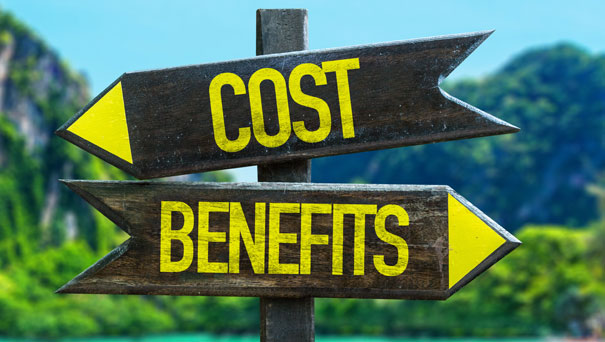By Maria Papagiannopoulou,
People in a money-driven world are more likely to make decisions that maximize their profits rather than those that provide the most value to people’s lives.
Milk chocolate firms, for instance, spend millions on advertising to persuade people to buy their products, although their products are essentially sugar. Because sugar is addictive, selling candy bars is a terrific way to make money, but it is also bad for our health. Sugary drinks are sold to the general public by soda firms, resulting in health risks. These drinks make a lot of money, but they don’t do anything for our health and well-being.
Profit
In accounting, profit alludes to the contrast between the purchase and the component costs of conveyed products and/or administrations, and any operating or other costs. In the neoclassical microeconomic hypothesis, the term “profit” has two related but unmistakable implications. Typical profit speaks to the entire opportunity costs (both express and certain) of a wander to a speculator, though financial profit is the contrast between a firm’s total income and all costs (counting typical profit). In both classical financial matters and Marxian financial matters, profit alludes to the return of capital stock (implies of generation or arrival) to an owner in any profitable interest including labor, or a return on bonds and cash contributed in capital markets.

Value
The economic value may be a degree of the advantage that an economic performing artist can gain from either a great or service. It is for the most part measured relative to units of cash. The translation, in this manner, is: “What is the greatest sum of cash a particular performing artist is willing and able to pay for the great or service?”. Note that financial esteem is not the same as showcase cost. In case a buyer is willing to buy a good, this eagerness suggests that the client places a better value on the great than the market cost. The contrast between the esteem to the customer and the advertising cost is called “buyer excess”. It is simple to see circumstances where the real value is significantly bigger than the showcase cost; the buy of drinking water is one illustration. Value is connected to cost through the instrument of trade. When an economist watches an exchange, two critical value capacities are uncovered: those of the buyer and those of the dealer. Just as the buyer uncovers what he is willing to pay for a certain sum of a great, so, as well, does the dealer uncover what it costs him to allow up the great. Said another way, value is how much a craved question or condition is worth relative to other objects or conditions.
Many businesses on the internet have become profit-driven at the expense of providing value. To trigger purchases with every visitor at every touchpoint, internet marketers and business coaches create their websites as one complicated sale funnel; their consumers have become statistics rather than people they wish to serve.

Wherever cash is the main currency, all businesses ought to earn a profit to survive. However, there’s a distinction between being profit-driven at the expense of people’s well-being, and being value-driven and earning a profit as a result of golf-shot folks initially.
Being value-driven instead of profit-driven could seem sort of a silly business model as you forgo obvious profit-earning opportunities and leave straightforward cash on the table. However, it is the most effective path within the long-standing time as customers boycott businesses that do not serve their highest interests. It is the most effective path for you, your customers, and also the world.
References
- Will Financial Institutions raise fees in 2021?, Payments Journal. Available here.
- Marxism, Wikipedia. Available here.
- The difference between Profitability and Profit, Investopedia. Available here.




